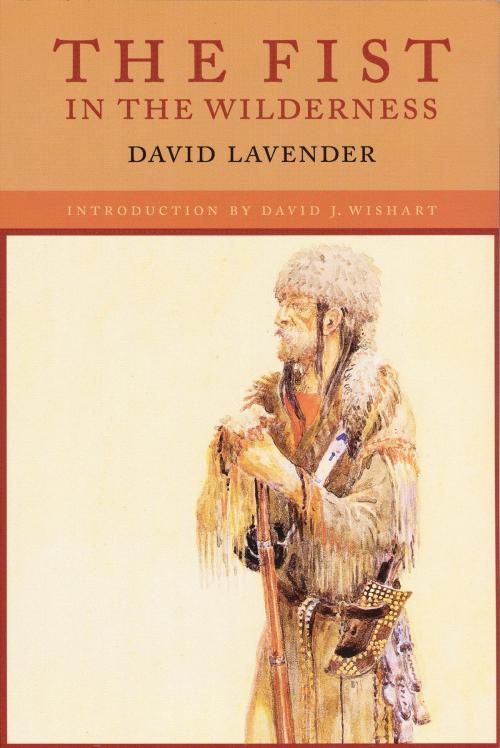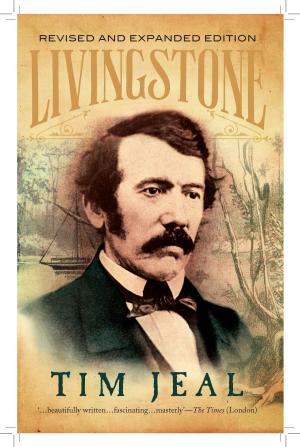| Author: | David Lavender | ISBN: | 9780803280595 |
| Publisher: | UNP - Nebraska Paperback | Publication: | December 1, 2013 |
| Imprint: | University of Nebraska Press | Language: | English |
| Author: | David Lavender |
| ISBN: | 9780803280595 |
| Publisher: | UNP - Nebraska Paperback |
| Publication: | December 1, 2013 |
| Imprint: | University of Nebraska Press |
| Language: | English |
The story of the American fur trade has been told many times from different viewpoints, but David Lavender was the first to place it within the overall contest for empire between Britain and the United States. Rather than offering a simple hagiography of men like Jedediah Smith, Kit Carson, Jim Bridger and other legendary trappers, Lavender relates the story of men such as John Jacob Astor and Ramsay Crooks who competed with Britain’s Hudson’s Bay Company for the fur resources of the Great Lakes region and the upper Missouri River country.
Within this framework of contest and competition, Lavender shows how the American Fur Company learned to exploit the needs and wants of Indian tribes to gain a superior economic position over the British. The brutal and bloody rivalry helped Ramsay Crooks develop the techniques for transporting furs, supplying trappers, and selling pelts that made fur trapping such an integral economic activity in early U.S. history.
The story of the American fur trade has been told many times from different viewpoints, but David Lavender was the first to place it within the overall contest for empire between Britain and the United States. Rather than offering a simple hagiography of men like Jedediah Smith, Kit Carson, Jim Bridger and other legendary trappers, Lavender relates the story of men such as John Jacob Astor and Ramsay Crooks who competed with Britain’s Hudson’s Bay Company for the fur resources of the Great Lakes region and the upper Missouri River country.
Within this framework of contest and competition, Lavender shows how the American Fur Company learned to exploit the needs and wants of Indian tribes to gain a superior economic position over the British. The brutal and bloody rivalry helped Ramsay Crooks develop the techniques for transporting furs, supplying trappers, and selling pelts that made fur trapping such an integral economic activity in early U.S. history.













![Cover of the book The Civil War and Reconstruction [Second Edition] by David Lavender](https://www.kuoky.com/images/2016/august/300x300/9781787200272-387v_300x.jpg)

